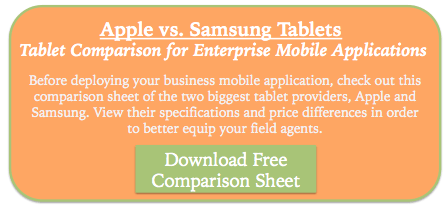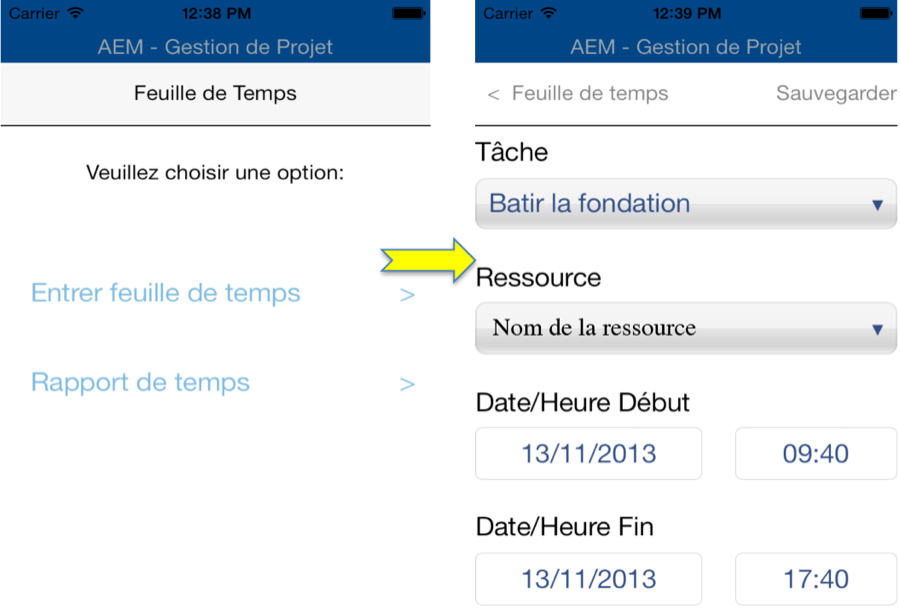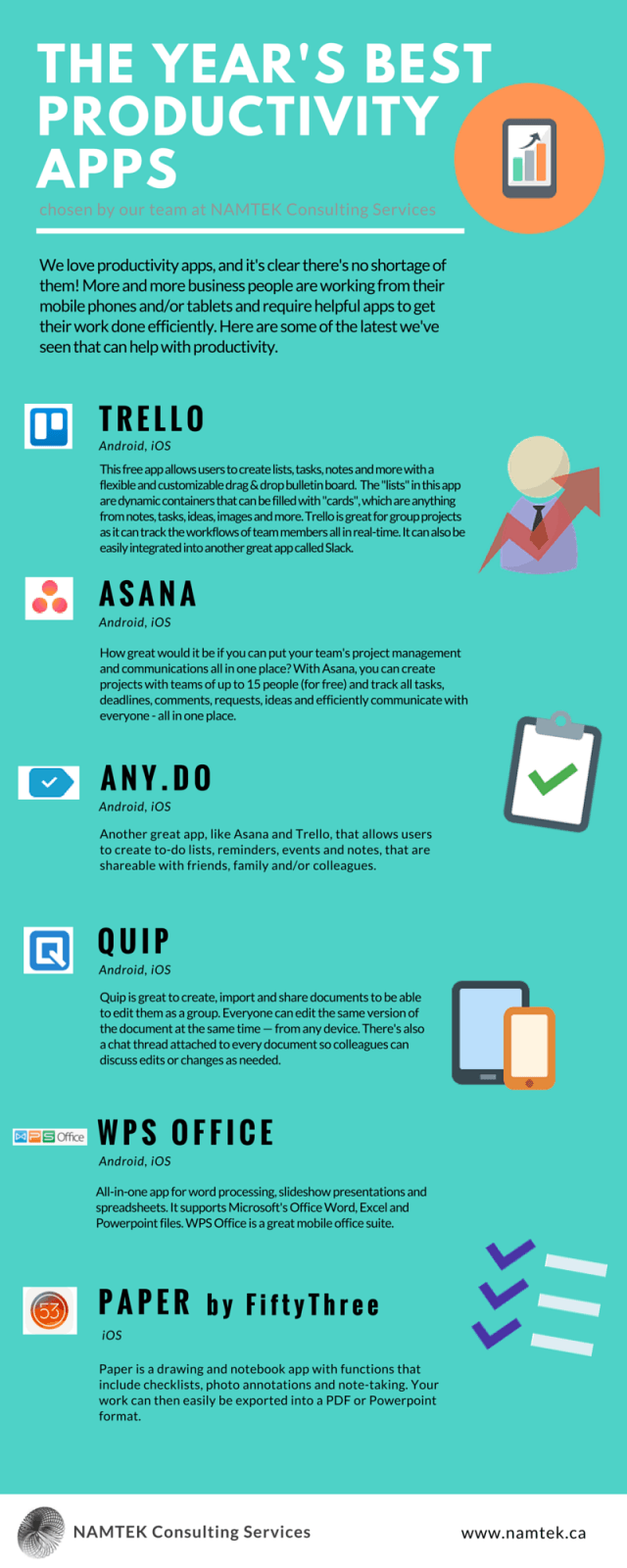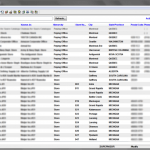Mobile business applications: Apple vs Samsung Tablets comparison
Last Updated on December 13, 2022 by Tatyana Vandich
Whenever a project to implement a mobile business application within an enterprise comes to the surface, executives, IT personnel as well as operation managers, start debating about which option would be the best suited for their business. This is a valid question, but unfortunately there is no one single answer. It all depends on the business needs, the requirements, the compatibility of the mobile device with the features requested and obviously the budget that the company has to spend on equipping its personnel with such devices.
The debate within the enterprise, about which one would be the best, Apple versus Samsung tablets (since these are the major players in the mobile market) or any other brand is primarily based on each person’s own experience with one or the other. While all opinions and arguments are valid and impossible to contest, the last word in such projects is the cost and the different IT parameters required to maintain the pool of mobile devices that will be deployed within the enterprise.
In this article I will share our own comparison based on three major parameters, which we believe are important when choosing the right mobile device for an enterprise mobility project. Certainly these points could be debated, but one thing is for sure; it is based on our experience in the field and on our years of expertise in developing and deploying mobile business applications for different kinds of businesses.
Mobile business applications: What is it?
Before I start exploring my points, I would like to take a few moments to explain our definition of mobile business applications. In today’s digital world, it is rare to find someone who has not used a smartphone, a tablet or downloaded an application (or App) for his own personal use (i.e. a game, google drive, DropBox…). With the emergence of the mobile internet through cell phone networks, its reduced price and its efficiency, mobile business applications have started attracting executives and enterprises to leverage the technological advancement for their business. IT consultants and developers have started building “mobile business applications” (or Apps) to answer the demands of the business community.
Mobile business applications are software programs that run on mobile devices and tablets to respond to the different business activity needs of companies, such as:
- Workers field management
- Sales Workforce
- Shipping and delivery
- Inventory management
- And many other areas of business
Apple or Samsung: which tablet is best for my business mobile application?
There are different, important factors that differentiate one brand versus another, and which will impact the decision making process of choosing one over the other. I will explore a few points, which I believe are the most important for making that decision, so as to give my readers an idea of what to look for when embarking on a project involving mobile applications.
User interface and user experience
There is no question that Apple’s tablet, the most recent “Air” model, has a perfect user experience and an amazing resolution for displaying graphics. Add to it, the power of the processor and the fact that it is lightweight. On the other hand, the Samsung Note 2014 has a not one, but two quad core processors and an even better screen resolution.
Quick and Ease of deployment of the mobile business app
Another important aspect to consider, when developing and deploying a business mobile application, is the speed and ease of deployment of the application on the device. It’s no secret that deploying a business application on Apple’s iOS, whether for a cell phone or tablet, requires the developer go through the Apple store, with a lengthy and costly process. However, when deploying on an Android operating system, the developer has the possibility of deploying easily and quickly by generating an APK file which can then be sent to the device via email, or through the Google Play store, at no expense. For this one, Android gets the plus.
Price of the tablet
When it comes to defining which tablet is more cost effective for your mobile project, there is no question that the difference in pricing between the two giant makers of tablets and mobile devices is considerable. At the technical level, it makes more business sense to adopt a less expensive tablet which has an easy platform to develop on, where deploying the mobile application can be done quickly, and on a device which is loaded with power and functions at a cheaper price. It pays off quickly for the business to adopt a tablet with such specs. Samsung would take a plus for the price.
Which tablet is right for your business
Again, there is no straight answer to this; however, I identified a few of the many points to consider when deciding on which tablet to choose to run your mobile business application. In addition, I will be more than happy to share with you; a side-by-side technical comparison sheet between the most commonly used tablets in a business environment (Apple and Samsung). Please feel free to click on the button below to download, share and review with your team.













Leave a Reply
Want to join the discussion?Feel free to contribute!